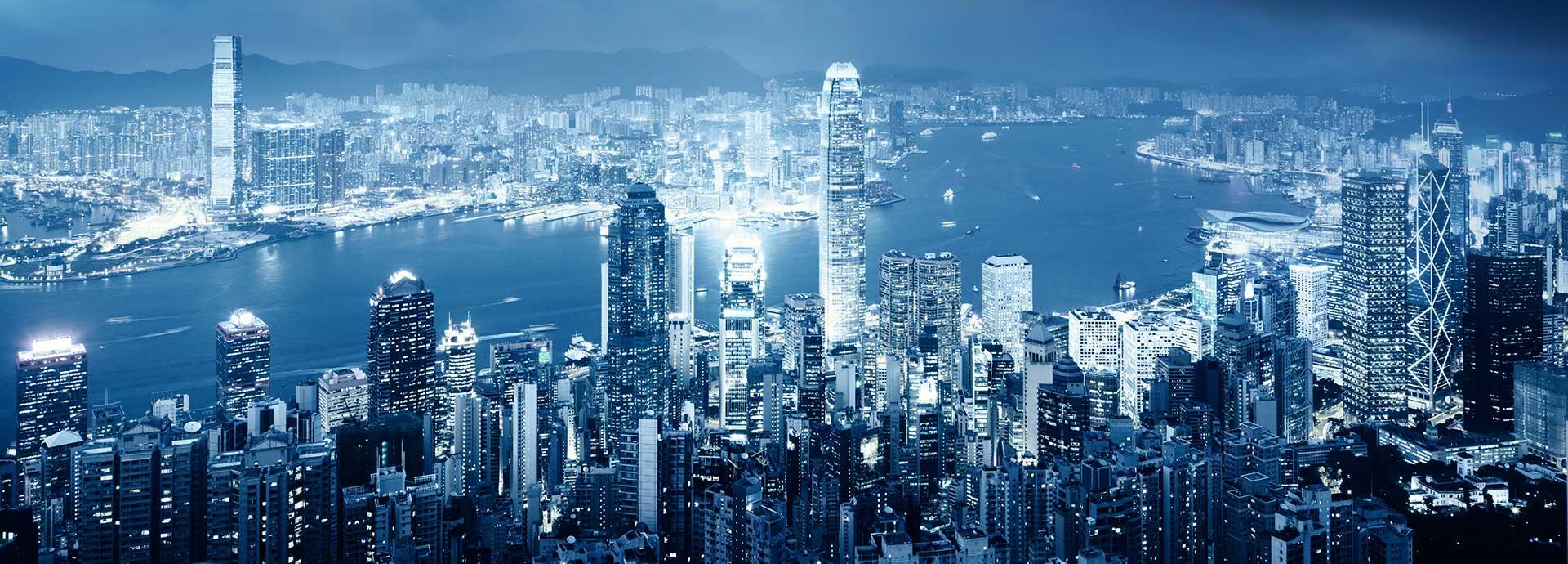

With the rise of impact investing, sustainability awareness, and equal rights campaigns, many observers consider the new “purpose of a corporation” a statement of the obvious. However, for Business Roundtable (BRT), an association of CEOs of U.S.-based companies ranging from Apple and Amazon to ExxonMobil and Mastercard, it represents a major paradigm shift. The new statement, which ends: “Each of our stakeholders is essential. We commit to deliver value to all of them, for the future success of our companies, our community, and our country,” is significantly different from the last statement of purpose the BRT issued, in 1997. That statement said companies should maximise profits for stockholders and “the interests of other stakeholders are relevant as a derivative of the duty to stockholders.”
Robert Tomasko, current director of Social Enterprise at American University in Washington, D.C., and a former consultant to a number of BRT companies, including Coca-Cola, Ford, and ExxonMobil is positive about the change.
“This is a welcome reversal of the Roundtable’s position in 1997, one that’s caused harm to both business and society,” Tomasko says. “The new statement’s value will depend on the actions taken by companies — individually and especially collectively — to put its tenets into practice and repair the broken bond between business and the society in which it thrives.”
Collaboration for sustainability
The new statement, however, represents business as usual rather than a radical change for Wärtsilä. Its ideas are embedded in the company’s purpose of enabling sustainable societies with smart technology.
Wärtsilä already has a long track record of working collectively with its industry counterparts, and it is continuing this trend through initiatives like Sea20. The company’s commitment to collaboration can also be seen in the Smart Technology Hub (STH) in Vaasa. The STH will bring together customers, suppliers, universities, and start-ups to seek innovative solutions to smart energy challenges.
Many of these developments have been encouraged by the Finnish government in response to the United Nations’ Sustainability Goals. However, Wärtsilä’s commitment goes beyond upholding a socially conscious public image. The company’s investment in all its stakeholders also strengthens its long-term profitability and business goals.
Natalia Valtasaari, Wärtsilä Vice President of Investor Relations, agrees that the BRT’s new statement does not seem to be a new radical shift, but rather a reflection of the trends within the financial community.
“Socially responsible investment was once a niche, but it is becoming the norm. Investors are starting to recognise that they can steer sustainability with their investments,” Valtasaari says. “Investors are still first and foremost seeking long-term earnings progression, but now they see this comes from a company with a clear and compelling strategy for future success that includes strong social value propositions.”
Financial success and social longevity
With awareness continuing to grow around global warming and social responsibility, Wärtsilä’s financial success will increasingly be rooted in its ability to provide environmentally sound solutions to the marine and energy industries. In many ways, the company is already doing just that. Wärtsilä is continuing to develop technology that builds on its current solutions to facilitate 100% renewable energy in the future. Such initiatives are a win-win for Wärtsilä’s fiscal and social longevity.
Timo Heinonen, an analyst at Handelsbanken, says that by focusing on ways to integrate greener tech in its offerings, Wärtsilä is putting itself in a good position for the future.
“Wärtsilä plays an important role in making both maritime transportation and energy generation green. Obviously, this is a great long-term opportunity for them and drives their business. Wärtsilä as a company with broad offerings in both business lines is in a great position to help customers achieve their sustainability goals,” Heinonen says.
He adds that these policies also make the company more attractive to investors.
“Today we see investors and financial institutions like banks with environmental, social and governance concerns high in their own agendas cannot be involved with companies that are not green,” Heinonen says.
“We’ve entered a new phase where we are not only thinking about the return on investment but are ready to say no to something that is not acceptable for all stakeholders.”
Wärtsilä’s stakeholder universe is far broader than its own offices and its customers. All employees and communities of the company’s 25,000 active suppliers are expected to uphold the same corporate citizenship standards as the parent company. These include:
Compliance with all relative legislation;
- Operational safety for all personnel and facilities;
- Support and respect for human rights as defined in the United Nations Universal Declaration of Human Rights
- At a minimum, have an environmental management system that complies with the International Standard 150 140001 or Economic Management and Audit Scheme (EMAS) latest edition.
While it is a challenging task to track every person and operation within the company’s vast supply chain, Wärtsilä Supply Management conducts quarterly supplier reviews and has recently launched a risk-based supplier assessment and management system for suppliers. This goliath monitoring and evaluation program is under constant improvement.
Wärtsilä is ahead of its counterparts of the BRT because delivering value to all stakeholders from the employees to the customers, to the environment and industry partners, has been essential to how it thrives as a business. The BRT’s new statement of purpose gives the company even more motivation to continue in this direction.


